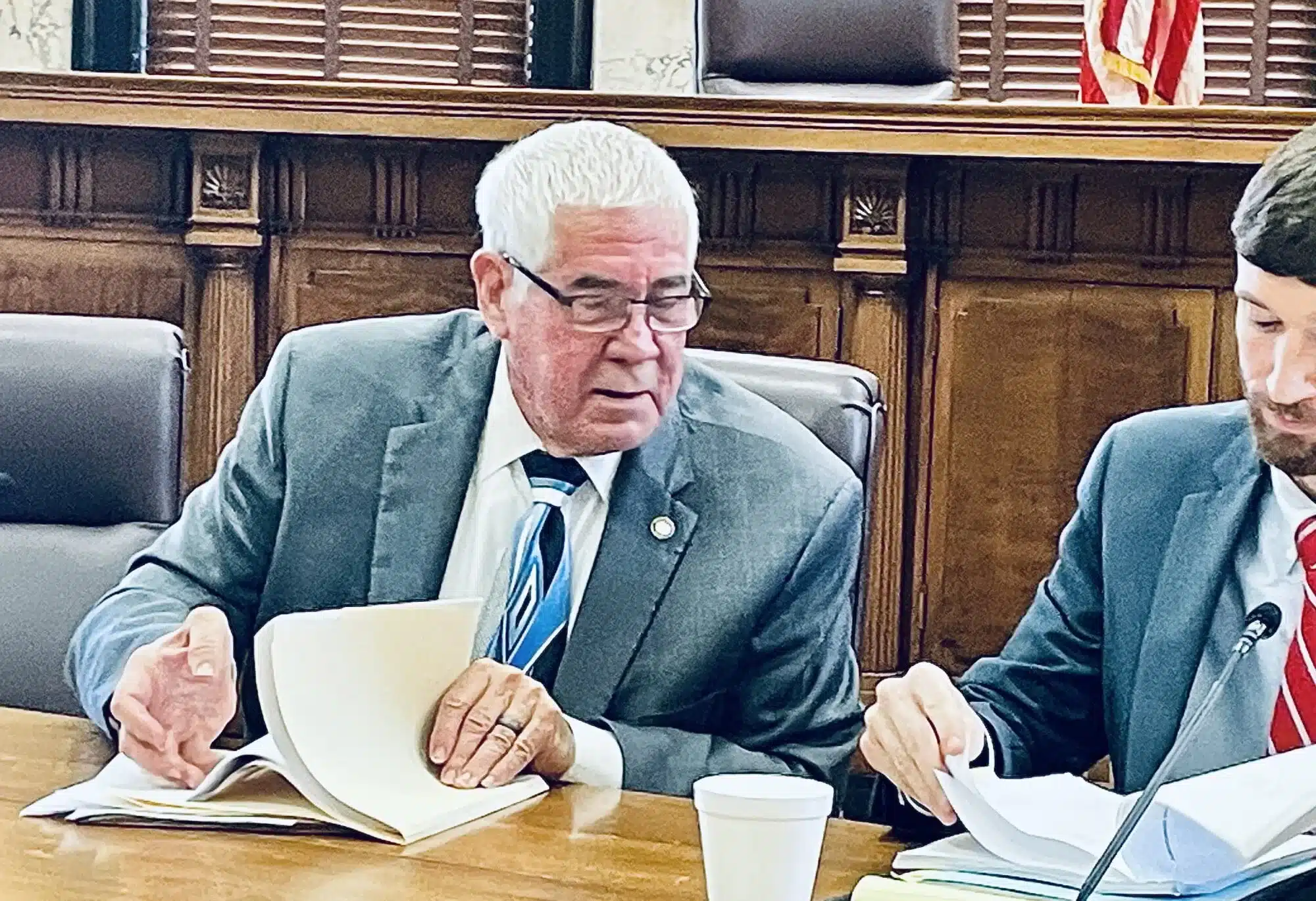This article first appeared on the Magnolia Tribune.

Senator Kevin Blackwell, Chair of Senate Medicaid Committee
- As the clock ticks down on the general bill deadline, the Senate has offered its fourth official proposal for Medicaid expansion to the House.
With the General Bill conference report deadline set for 8:00 p.m. Monday night, the Senate has presented the House Medicaid conferees with their fourth compromise proposal regarding possible expansion.
According to the Senate, the newest proposal contains additional elements from the Friday proposal with changes to how the state would respond if the Centers for Medicare and Medicaid (CMS) were to deny the state’s work requirement request.
The Senate proposal continues to hinge on CMS approving a work requirement.
“We have provided three conference reports over the past three days. The House got back to us this afternoon countering with, essentially, their original bill,” said Senate Medicaid Chairman Kevin Blackwell. “We now submit a fourth report, which provides a path to implementation and is reflective of an attempt to compromise between the two chambers.”
In the newest version, if CMS denies the waiver, the state would only be required to reapply if another state’s work requirement were to be approved by CMS. According to a Senate press release, the House objected to requiring the Attorney General to appeal a denied waiver in federal court.
The new proposal would also move the work requirement hours from 120 hours a month to 100 hours.
“A compromise requires concessions between the chambers. The Senate requires a real work requirement, but our plan now covers individuals up to 138 percent of the federal poverty level,” Lt. Governor Delbert Hosemann said. “This is a good step which would cover thousands more Mississippians than our Medicaid program covers now—and we hope the House will sign on to give us the opportunity to vote on the bill.”
Representatives from the House did not comment on the negotiations or the new Senate proposal as of press time.
Both chambers have since signed a placeholder, or “dummy bill,” for the Medicaid tech bill. The Senate position would update Medicaid statutes to make it easier for children who are severely disabled to receive coverage, increase reimbursement rates for physicians and certain services, include new areas of coverage and preserve changes made last year to the hospital tax. This allows for additional revenue to be delivered to hospitals.
Originally, the Senate proposal only expanded Medicaid up to 99% of the federal poverty level (FPL), dependent on a work requirement. The House’s original position allowed for expansion up to 138 percent FPL with or without an approved CMS work requirement waiver.
The first compromise allowed for the waiver to cover those under 100%, while also expanding it up to the 138% by allowing the state to draw down 90 percent in federal match money, but requiring the state to pay 10 percent of the cost of coverage through the 138%. This proposal was put forward by the House in a public conferee meeting.
The second Senate compromise was a variation of the first proposal, but instead of appealing to the federal courts upon denial of the work requirement, the Division of Medicaid would be required to reapply only if another state’s work requirement was approved by CMS.
All conferees must sign the report in order for the measure to move forward in the process.
This article first appeared on the Magnolia Tribune and is republished here under a Creative Commons license.
Read original article by clicking here.

